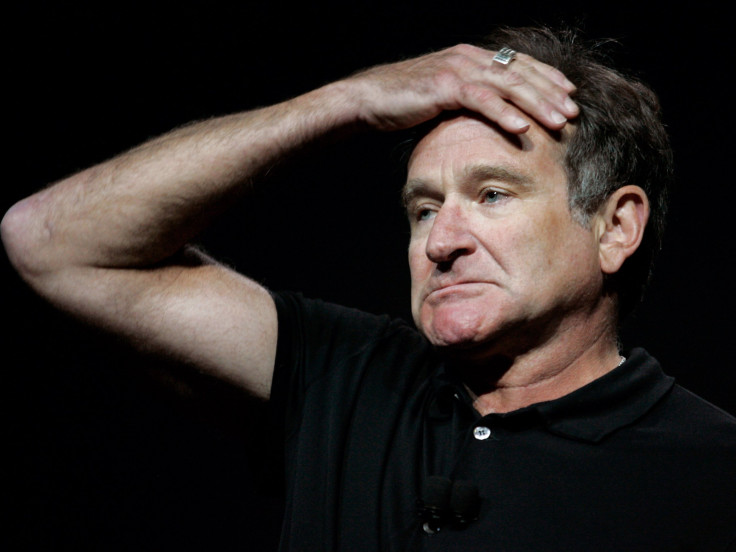Robin Williams Parkinson's Disease: Wife Susan Schneider Reveals Actor Was In Early Stages At Time Of Death

Days after beloved actor Robin Williams committed suicide, his wife, Susan Schneider, has revealed that he was struggling with the early stages of Parkinson’s disease. Parkinson’s disease is a chronic, degenerative neurological disorder that affects one in 100 people over age 60. Causes of the disease are unknown, and there is no scientifically validated preventive course to reduce the risk of its onset, according to Parkinson’s Disease Foundation. Having the disease leads to shaking and difficulty with talking, walking, movement and coordination.
“Robin's sobriety was intact and he was brave as he struggled with his own battles of depression, anxiety, as well as early stages of Parkinson's Disease, which he was not yet ready to share publicly," said Schneider Thursday in a statement, referring first to his earlier periods of substance abuse. "It is our hope, in the wake of Robin's tragic passing, that others will find the strength to seek the care and support they need to treat whatever battles they are facing so they may feel less afraid."
Williams’ personal assistant found the 63-year-old actor dead in the bedroom of his Northern California home on Monday, and law enforcement determined it was a suicide by hanging. The Marin County Deputy Coroner said Williams, who was at home alone, also tried slashing his left wrist but only made "acute superficial cuts."
Williams had been severely depressed in recent months, though he was known to fans around the world for his comedic antics. Unnamed insiders told Fox News Williams “was in a funk” before his death and that he had been experiencing survivor’s guilt over outliving close friends like Christopher Reeve, John Belushi and Andy Kaufman.
It is also speculated that he had some money concerns at the end of his life. In an interview with Parade in 2013 to promote his CBS sitcom “The Crazy Ones,” which was canceled after one season, he admitted a steady paycheck was a motive for taking the job.
© Copyright IBTimes 2024. All rights reserved.












